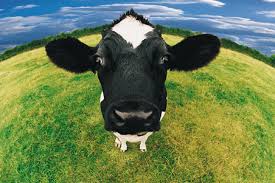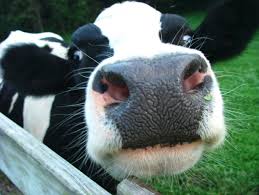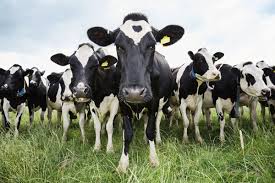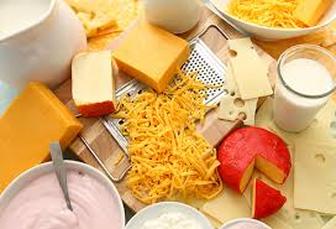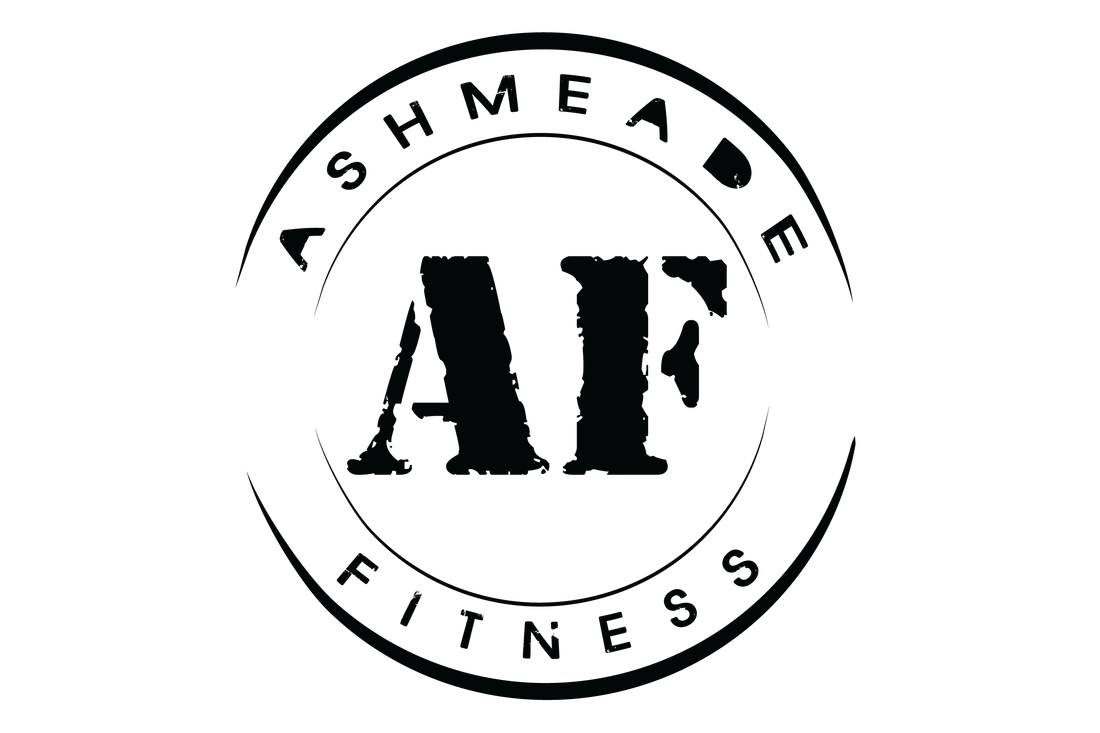|
Everyone keeps telling me that I’m weird because I don’t eat dairy. The truth is I did as a child and I’m happy that I don’t anymore. For all you cheese lovers out there, you might not like this blog but remember everything in moderation. I know there are times where I eat something that isn’t the best for me; we are all human, so if you have a little cheese from time to time it’s your choice and not the end of the world. What I’m presenting are some facts on the problems with dairy and then show you some healthy alternatives so you can get the same if not more of the same nutrients found in dairy products. I like keeping things short and sweet because like you I’m sure you don’t have time to read though a massive list of information. I have narrowed it down to the top 3 reasons why milk is a big no no!
1. Dairy is not the best for your bones. Contrary to popular belief, eating dairy products has never been shown to reduce fracture risk. In fact, according to the Nurses’ Health Study dairy may increase risk of fractures by 50 percent. Countries with the lowest rates of dairy and calcium consumption (like those in Africa and Asia) have the lowest rates of osteoporosis. This is because calcium isn’t as bone-protective as we thought. Studies of calcium supplementation have shown no benefit in reducing fracture risk. Vitamin D appears to be much more important than calcium in preventing fractures (Mark Hyman). 2. Cow’s milk is custom-designed for calves. Thanks to our creative ingenuity and perhaps related to our ancient survival needs, we adopted the dubious habit of drinking another species’ milk. Nobody can dispute that cow’s milk is an excellent food source for calves. Weighing around 100 pounds at birth, a calf typically gains approximately eight times its weight by the time it is weaned. But unlike humans, once calves are weaned, they never drink milk again. And the same applies to every mammalian species on this planet. Also, each mammalian species has its own “designer” milk, and cow’s milk is no exception. For example, cow’s milk contains on average three times the amount of protein than human milk which creates metabolic disturbances in humans that have detrimental bone health consequences. It’s important to bear in mind that mother’s milk is excellent nourishment for human babies, but its composition is very different from cow’s milk (Vivian Goldschmidt). 3. Allergies, intolerances and sensitivity. Over 70% of the population has trouble processing dairy due to various reasons. Lactose intolerance is a condition in which a person lacks the enzyme to break down the sugar found in milk for proper digestion. Those with lactose intolerance may experience bloating, flatulence or diarrhea when consuming milk and milk products. Those with an actual milk allergy must strictly avoid milk and dairy in any form. Symptoms of a milk allergy can include asthma, eczema, gastrointestinal distress, as well as bleeding, pneumonia, and even anaphylaxis (shock). Different from both allergies and lactose intolerance, some people have sensitivity to the casein (a type of protein) in milk. This sensitivity can trigger inflammation throughout the body, which may produce symptoms such as sinus congestion, acne flares, skin rash and migraines (Medical News Today). Calcium, potassium, Vitamin D and protein are the top nutrients found in milk and the good news is that you can find these in many other foods. High calcium foods include dark leafy greens, cheese, low fat milk and yogurt, bok choy, fortified tofu, okra, broccoli, green beans, almonds, and fish canned with their bones. Food that are packed with potassium include; Winter squash, sweet potato, white beans, halibut, ,100% orange juice, broccoli, cantaloupe, banana, pork tenderloin, lentils, salmon, pistachios, raisins ,chicken breast, and tuna. Vitamin D is the easiest, JUST GO OUTSIDE IN THE SUN! Vitamin D is naturally made by your body when you expose your skin to the sun, and that’s why it is called the sun-shine vitamin. Some natural foods high in vitamin D include fish oils, fatty fish, mushrooms, beef liver, cheese, and egg yolks. Finally protein (the most important to me!) can come from a variety of meat and plant based foods. High protein foods include meat, fish, cheese, tofu, beans, lentils, nuts, and seeds and protein isolates. So as you can see there are many foods that you can eat that are pack with all the essential vitamins and minerals. I am suggesting you keep dairy to a minimum or eliminate it completely! Trust me your body will thank you. Until next time! God Bless Daniel Ashmeade Works Cited Mark Hyman, MD. Dairy: 6 Reasons You Should Avoid It at all Costs. 24 June 2010. 10 September 2015 <http://drhyman.com/blog/2010/06/24/dairy-6-reasons-you-should-avoid-it-at-all-costs-2/>. Medical News Today. MTD. 15 July 2015. 10 September 2015 <http://www.medicalnewstoday.com/articles/296564.php>. Vivian Goldschmidt, MA. saveourbones. n.d. 10 September 2015 <http://saveourbones.com/osteoporosis-milk-myth/>.
Please Subscribe to receive my blog right to your inbox. Also leave a comment below as I would love to hear from you!
0 Comments
Leave a Reply. |
AuthorDan has been a personal trainer since 2008. Archives
July 2017
Categories |
